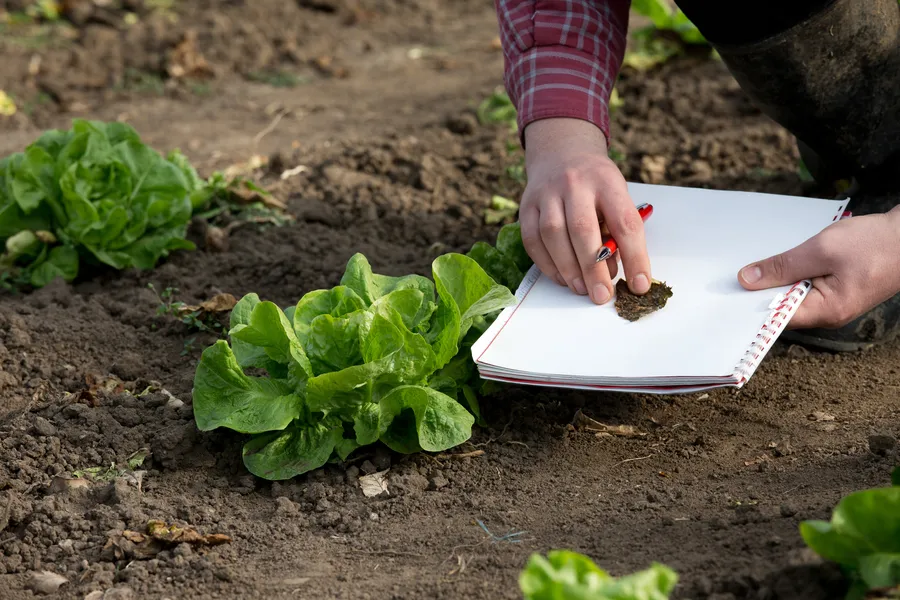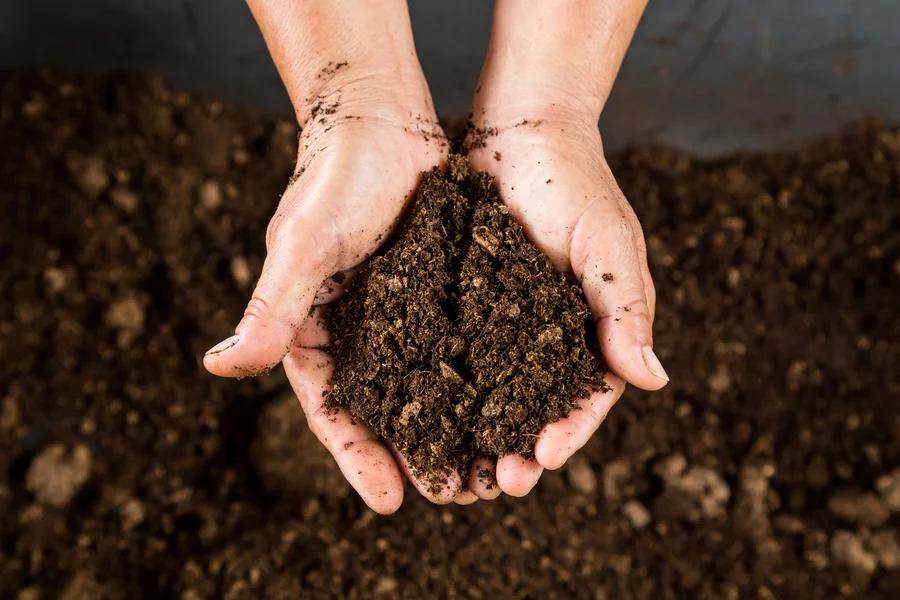How Soil Acidity Affects Plant Health and Growth
Understanding soil pH is crucial for managing pests and weeds in your garden or farm. The acidity or alkalinity of soil affects how plants absorb nutrients, impacting their overall health. When the soil’s pH is out of balance, it can lead to poor plant growth, making them more susceptible to pests and invasive weeds. By controlling soil pH, you can create an environment that supports healthy plant life while reducing pest problems.
The Importance of Balanced Soil
A balanced soil pH ensures that essential nutrients are available for plants. Most plants thrive in a slightly acidic to neutral pH range, typically between 6.0 and 7.5. Within this range, plants can effectively absorb nutrients like nitrogen, phosphorus, and potassium. When soil becomes too acidic or alkaline, nutrient availability diminishes, leading to stunted growth and weakened plant defenses against pests.
Identifying Soil Ph Problems
Soil testing is an important step to identifying the current pH level of your soil. This process helps you understand if your soil is too acidic or alkaline. By using a home test kit or consulting with a professional service, you can get accurate readings of your soil’s pH. Once you know the pH levels, you can take steps to correct any imbalances and improve plant health.
Adjusting Soil Ph for Optimal Growth
When your soil’s pH is off, there are several methods to adjust it. For acidic soils, adding lime can raise the pH to desired levels. On the other hand, sulfur or sulfate compounds may be used to lower the pH in alkaline soils. Regular soil testing will help monitor changes over time and ensure that adjustments have the intended effect.
Impact of Soil on Pests and Weeds
Unbalanced soil pH can make plants more vulnerable to pests and weeds. Certain pests thrive in specific pH conditions where they can access weak plants easily. Similarly, weeds often flourish in unbalanced soils because competing plants struggle to grow well. Managing soil pH helps create unfavorable conditions for these unwanted guests.
Benefits of Maintaining Proper Soil Ph
Maintaining the correct soil pH offers numerous benefits. It leads to healthier plants with robust root systems and better disease resistance. Moreover, plants with optimal nutrient uptake can compete more effectively against weeds. A balanced ecosystem reduces reliance on chemical pesticides and herbicides, promoting sustainable gardening practices.
Expert Tips for Gardeners
- Regularly conduct soil tests to keep track of pH levels.
- Use organic composts that naturally balance soil acidity.
- Avoid excessive use of fertilizers that could alter soil pH.
- Incorporate crop rotation to maintain healthy soil conditions.
Consultation for Advanced Management Techniques
If you’re dealing with persistent pest or weed issues, advanced management techniques might be necessary. Consider seeking advice from a local agricultural extension office or a professional agronomist. They offer tailored solutions based on regional conditions and specific crop needs. Their expertise ensures that your efforts produce long-term positive outcomes for your garden or farm.
Contact Us for Soil Management Solutions
For those seeking expert guidance on maintaining ideal soil conditions, partnering with professionals can make a significant difference. At Sound Solutions OPM, we specialize in innovative approaches to soil health management. Based in Lynnwood, WA, our team provides personalized services tailored to your unique environmental needs. Get in touch with us at (206) 363-4207 for solutions that foster healthy plant growth and reduce pest problems efficiently.

